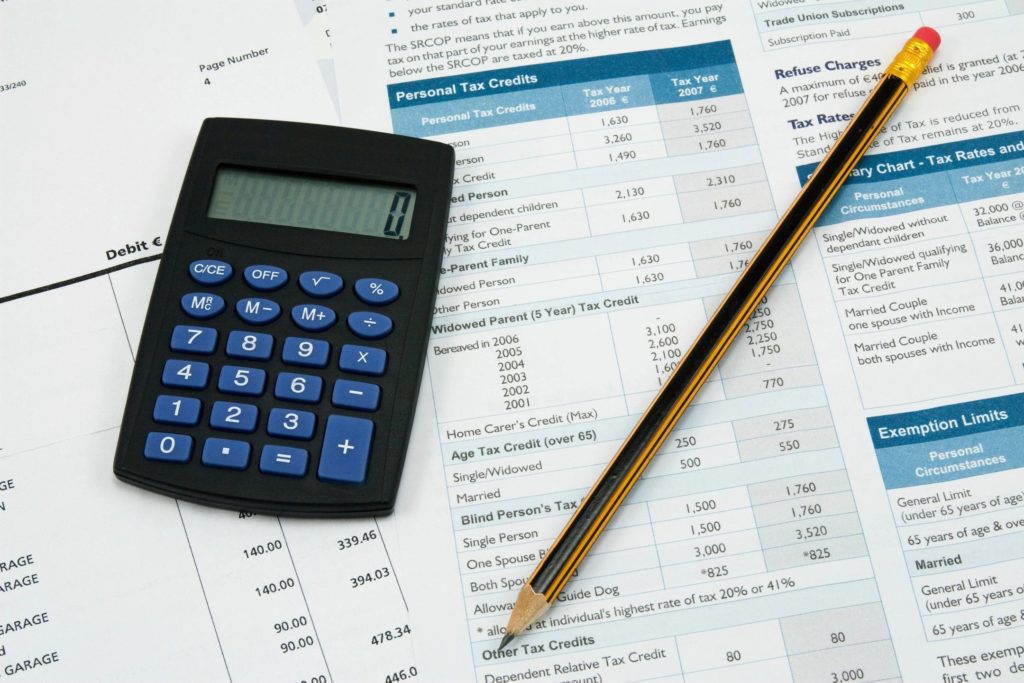
[By Chintamani Abhyankar]
If you are caring for a relative or person who has lived with you for a year or more, it is possible to claim them as a dependent, as long as you provide more than 50% of their support throughout the year.
If you need to hire someone to help you care for a dependent living in your home, you can get up to 35% of these expenses as a tax deduction on your income tax.
Under certain criteria, you can take medical expense deductions on the part of the person you are supplying with care. You will have to be related to this person, or they will have to be a permanent member of your household. The person must be a U.S. citizen and will have had to meet dependent status requirements. If you are not the only person supplying care for the individual, then a multiple support agreement will be necessary.
The IRS has created a Multiple Support Agreement, whereby one person in a group of two or more caregivers is allowed to claim the individual in need of care as a dependent. They can make this claim even if they are not the primary caregiver.
More than twenty states offer special tax incentives to caregivers, so be sure to check into your state tax laws to determine if your position as a caregiver offers you any special deductions, exemptions, or deductions in your state income tax.
You may have had to make special modifications in your home in order to provide care to a dependent. If so, you may be able to deduct these modifications as medical expenses. Such modifications may include, but not be limited to a ramp to your doorway to allow wheelchair access, special doorknobs, grab rails in the bathroom, and handrails in hallways or on stairs.
Your business may offer you the opportunity to participate in a Health Reimbursement Account. This is an account wherein you can save pretax money to pay medical expenses for spouses and dependents.
If you need in-home assistance, it may be best to go with a nursing or home-care service. When you hire these services, you have no employer status and avoid the tax nuisance of hiring an employee. Also, you can qualify for the 35% tax deduction you may get for employing such services.
Be certain to check into all the tax benefits that you may qualify for as a caregiver. Taking care of someone who needs special attention is an admirable thing, and you should benefit as much as possible for your good works.
About the Author
Chintamani Abhyankar, is a well known expert in the field of finance and taxation for last 25 years. His famous Tax eBook Stop donating your money to IRS which is now running in its second edition, provides intricate knowledge and valuable tips on personal finance and income tax. Just visit his website http://www.planningyourtax.com and claim your FREE eBook.
Article Source: Tax Advice for Caregivers